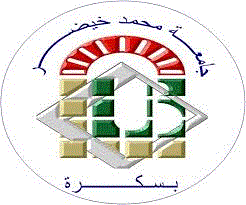|
Résumé :
|
The data collection in a distributed database was always based on the model customer/server, but, recently studies went to the use of the mobile agent who can physically migrate through a computer network with the aim of making tasks on different machines, having the capacity to supply them a support of execution. These agents are considered as autonomous components, a property which allows them to adapt itself to dynamic environments on the scale of a wide network. They can also exchange information between them to collaborate within their group. We proposed a multi-agents-system for the data collection in a distributed environment by appealing mobile agents. This approach is used to meet the needs of the data collection. This one consists in collecting the data according to the requests of the user from several homogeneous databases in various sites of the network. This approach leans on several types of mobile agents. Every type of agent manages a precise functional domain. A case study concerning the budget management of a ministry and its appendices by taking as example the Ministry of Youth and Sports. The results of this approach allowed us to evoke the limits connected to the requirement of the homogeneity of databases, what brings us to new perspectives of research and to think of developing our system so that it is capable of making the task of data collection from a set of heterogeneous databases
|



